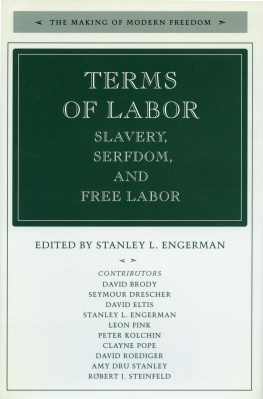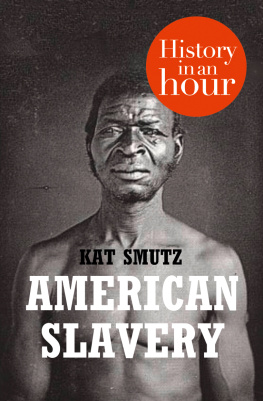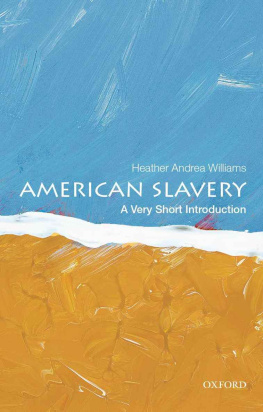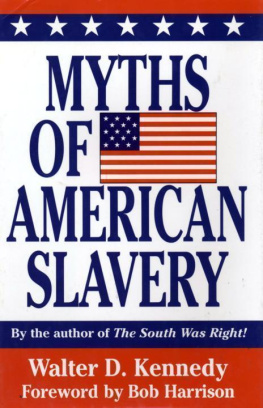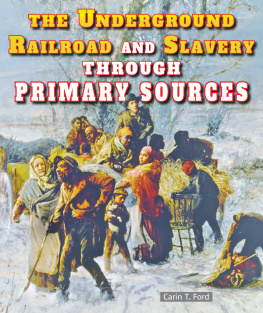Peter Kolchin - American Slavery, 1619-1877
Here you can read online Peter Kolchin - American Slavery, 1619-1877 full text of the book (entire story) in english for free. Download pdf and epub, get meaning, cover and reviews about this ebook. year: 1993, publisher: Hill & Wang, genre: Politics. Description of the work, (preface) as well as reviews are available. Best literature library LitArk.com created for fans of good reading and offers a wide selection of genres:
Romance novel
Science fiction
Adventure
Detective
Science
History
Home and family
Prose
Art
Politics
Computer
Non-fiction
Religion
Business
Children
Humor
Choose a favorite category and find really read worthwhile books. Enjoy immersion in the world of imagination, feel the emotions of the characters or learn something new for yourself, make an fascinating discovery.
- Book:American Slavery, 1619-1877
- Author:
- Publisher:Hill & Wang
- Genre:
- Year:1993
- Rating:3 / 5
- Favourites:Add to favourites
- Your mark:
- 60
- 1
- 2
- 3
- 4
- 5
American Slavery, 1619-1877: summary, description and annotation
We offer to read an annotation, description, summary or preface (depends on what the author of the book "American Slavery, 1619-1877" wrote himself). If you haven't found the necessary information about the book — write in the comments, we will try to find it.
American Slavery, 1619-1877 — read online for free the complete book (whole text) full work
Below is the text of the book, divided by pages. System saving the place of the last page read, allows you to conveniently read the book "American Slavery, 1619-1877" online for free, without having to search again every time where you left off. Put a bookmark, and you can go to the page where you finished reading at any time.
Font size:
Interval:
Bookmark:

Kolchin, Peter
This book was produced in EPUB format by the Internet Archive.
The book pages were scanned and converted to EPUB format automatically. This process relies on optical character recognition, and is somewhat susceptible to errors. The book may not offer the correct reading sequence, and there may be weird characters, non-words, and incorrect guesses at structure. Some page numbers and headers or footers may remain from the scanned page. The process which identifies images might have found stray marks on the page which are not actually images from the book. The hidden page numbering which may be available to your ereader corresponds to the numbered pages in the print edition, but is not an exact match; page numbers will increment at the same rate as the corresponding print edition, but we may have started numbering before the print book's visible page numbers. The Internet Archive is working to improve the scanning process and resulting books, but in the meantime, we hope that this book will be useful to you.
The Internet Archive was founded in 1996 to build an Internet library and to promote universal access to all knowledge. The Archive's purposes include offering permanent access for researchers, historians, scholars, people with disabilities, and the general public to historical collections that exist in digital format. The Internet Archive includes texts, audio, moving images, and software as well as archived web pages, and provides specialized services for information access for the blind and other persons with disabilities.
Created with abbyy2epub (v.1.7.6)


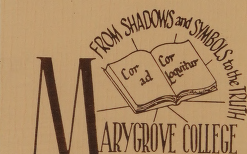
EX UBRIS

*

AMERICAN
SLAVERY
1619-1877
ALSO BY PETER KOLCHIN
First Freedom: The Responses of Alabama s Blacks to Emancipation and Reconstruction (1972)
Unfree Labor: American Slavery and Russian Serfdom (1987), Winner of the Bancroft Prize for 1988
Consulting Editor: Eric Foner
HILL and WANG New York
A division of Farrar, Straus and Giroux
Copyright 1993 by Peter Kolchin All rights reserved
Printed in the United States of America Published simultaneously in Canada by HarperCollinsCanadaLtd Designed by Fritz Metsch First printing, 1993
LIBRARY OF CONGRESS CATALOGING-IN-PUBLICATION DATA Kolchin, Peter.
American slavery, 1619-1877 / Peter Kolchin ; consulting editor,
Eric Foner. p. cm.
Includes bibliographical references and index.
1. SlaveryUnited StatesHistory. I. Title. E441.K64 1993 306.3'62'0973dc20 92-46358 CIP
For Michael and David
Preface ix
1. Origins and Consolidation 3
2. The Colonial Era 28
3. The American Revolution 63
4. Antebellum Slavery: Organization, Control, Paternalism 93
5. Antebellum Slavery: Slave Life 133
6. The White South: Society, Economy, Ideology 169
7. The End of Slavery 200
Appendix Statistical Tables 239
Notes 247
Bibliographical Essay 257
Index 293


The PAST QUARTER CENTURY has witnessed a huge outpouring of books and articles on American slavery. Scholars have probed it from a wide variety of angles, exploring new questions as well as old, in the process substantially revising our understanding of an institution that was a central feature of American history until 1865. One of the main foci of this research has been the slaves themselvestheir day-to-day behavior, family lives, religious practices, community organization, resistance, and social valuesbut virtually no topic has escaped historical attention. Scholars have interpreted and reinterpreted the economics of slavery, slave demography, slave culture, slave treatment, and slave-owner ideology; they have paid new attention to slavery in colonial America; they have explored variations conditioned by time and space, comparing slavery in different regions and countries as well as in different eras; and they have examined the abolition of slavery, debating the impact and consequences of emancipation. All history is subject to continuous revision, but few areas of historical study have seen the kind of extensive reworking that has transformed our understanding of American slavery. Indeed, the sheer volume of historical work on slavery has become so vast that keeping up with it is a task of herculean proportions even for experts in the field. For everyone else, it is simply impossible.
Despite the proliferation of this scholarly research, we still lack a volume that pulls together what we have learned to present a coherent history of slavery in America. Perhaps in part because of the enormous quantity of publications and in part because of the rapidity with which they have reshaped our understanding of diverse questions, no one has yet produced an account that satisfactorily synthesizes and makes sense of recent historical research on slavery.
I believe that it is time to step back and consider where we now standwhere historians agree and disagree, what we have learned and what remains to be learnedand on the basis of this consideration to present a short interpretive survey of American slavery. Hence this book, which I hope will be useful to a broad range of readers, from those who know virtually nothing about the history of slavery to those who know a great deal about it.
In writing this volume, I have had several goals in mind. First, I have sought to create an account of slavery that is at the same time substantive and historiographical. Because historical reinterpretation is a continuing process, any understanding of slavery requires coming to grips with the diverse and changing ways in which historians have treated the institution. I thus combine a primary focus on the evolution of slavery itself with frequent brief (and I hope unobtrusive) discussions of historical controversies over slavery. These controversies, some of which have been resolved while others remain active, provide a useful means of exploring both the nature of slavery and its meaning and significance to later generations of Americans. In dealing with historical controversies, I have tried to explain divergent positions fairly, but I have not shied away from offering my own reasoned judgments where they seem warranted. This is an interpretive history.
Second, I have aimed for a balanced approach that pays attention to the slaves, the slave owners, and the system that bound them together. For years, historians treated slaves primarily as objects of white action rather than as subjects in their own right, and largely ignored the behavior and beliefs of the slaves themselves. Reacting against this emphasis, many scholars have more recently focused on the slaves as actors, stressing the world they made for themselves rather than the constraints imposed by their owners. I believe that neither slaves nor slave owners can be understood in isolation from each other: a well-rounded study of slavery must come to grips with slaves as both subjects and objects and must consider slavery from
Next pageFont size:
Interval:
Bookmark:
Similar books «American Slavery, 1619-1877»
Look at similar books to American Slavery, 1619-1877. We have selected literature similar in name and meaning in the hope of providing readers with more options to find new, interesting, not yet read works.
Discussion, reviews of the book American Slavery, 1619-1877 and just readers' own opinions. Leave your comments, write what you think about the work, its meaning or the main characters. Specify what exactly you liked and what you didn't like, and why you think so.



